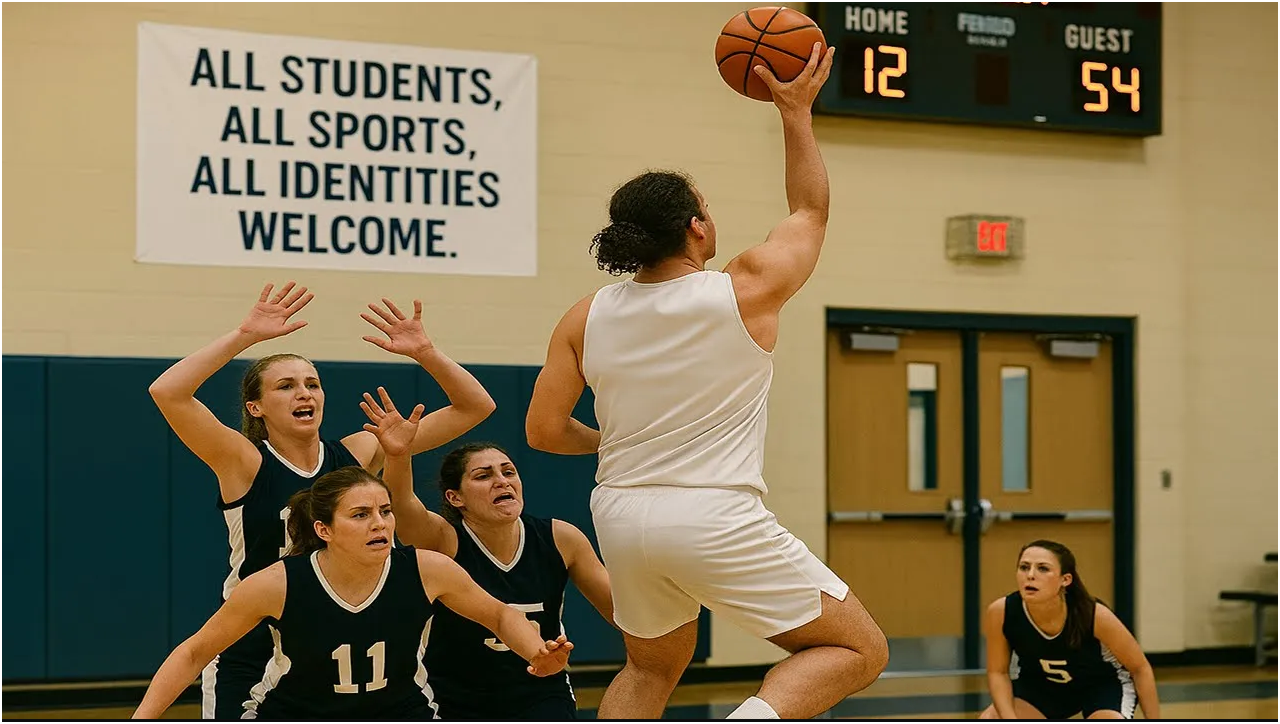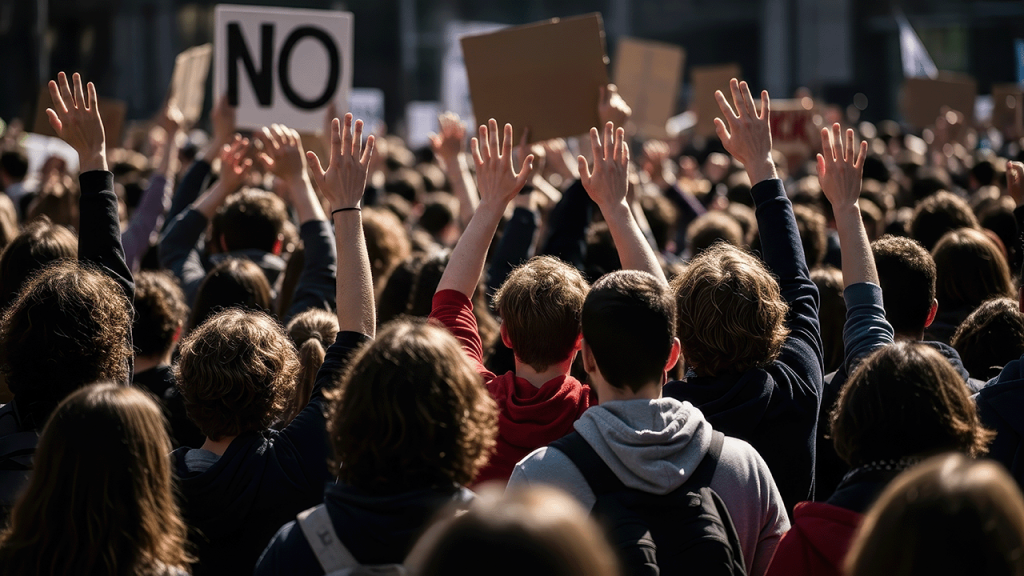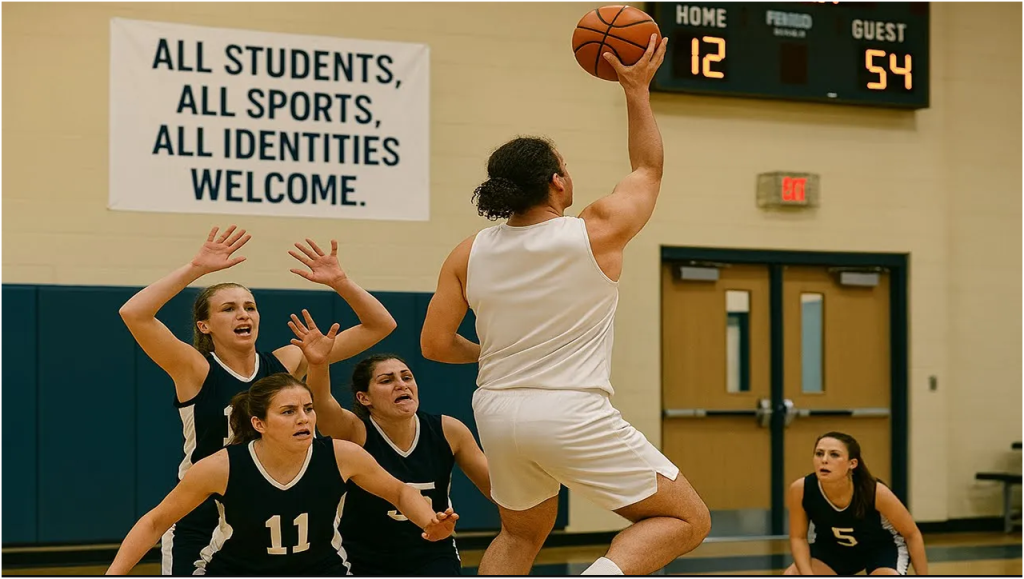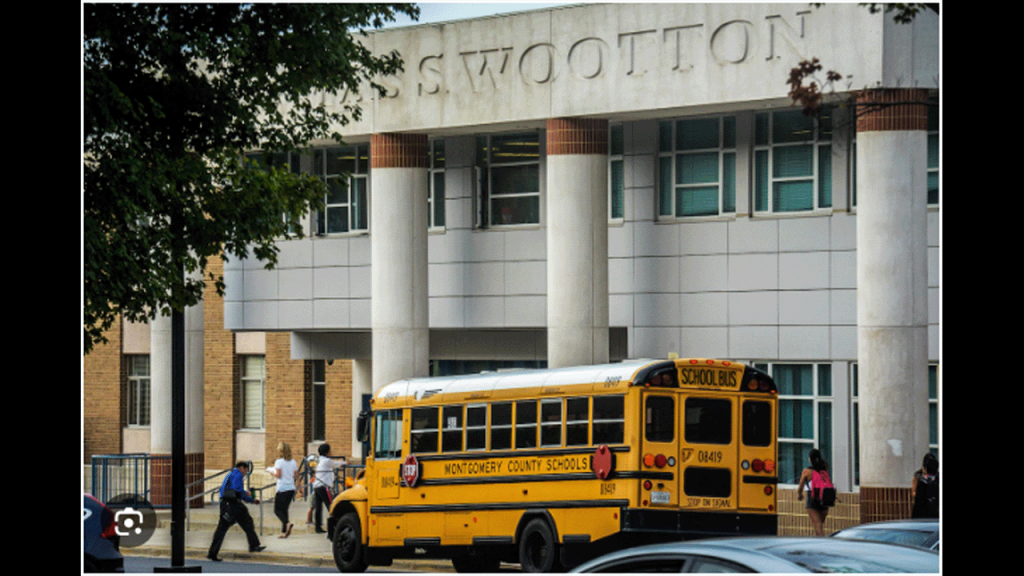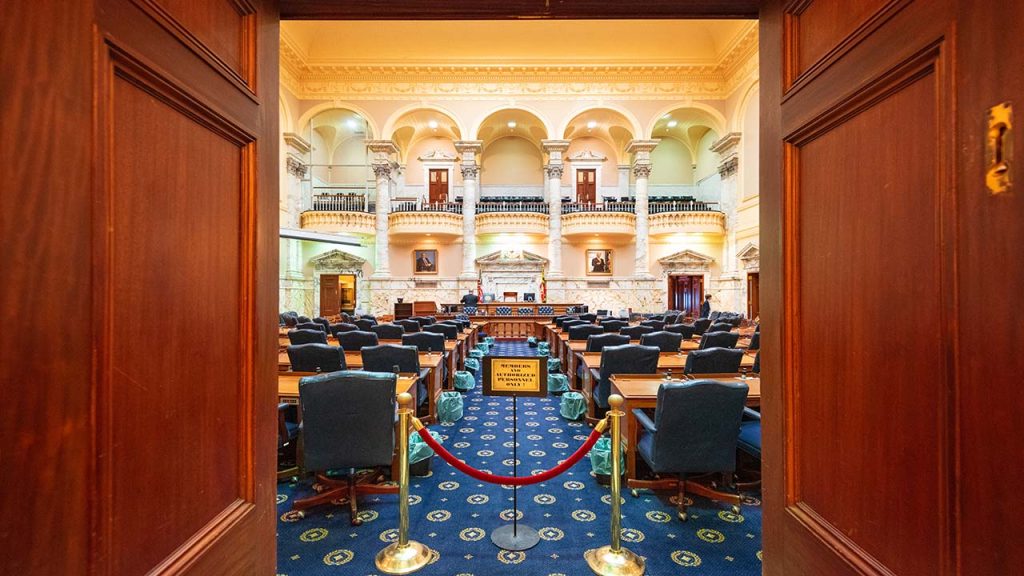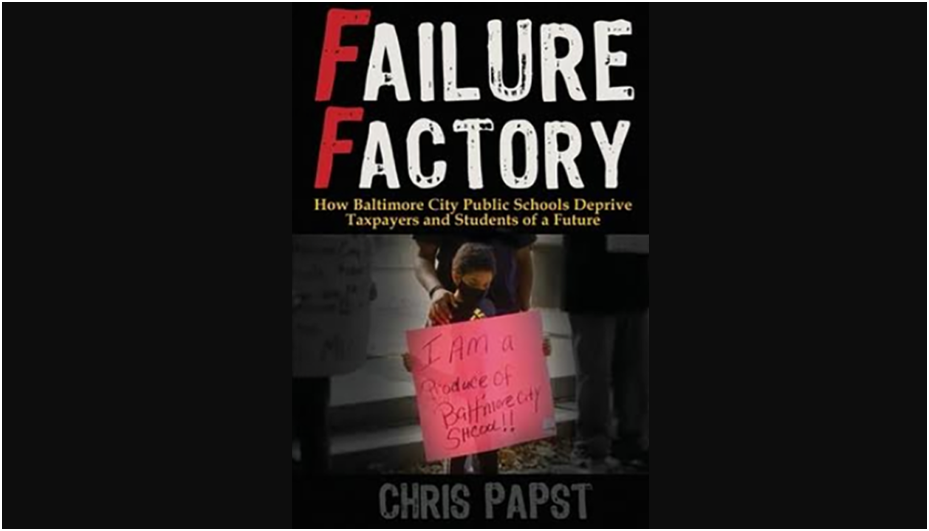
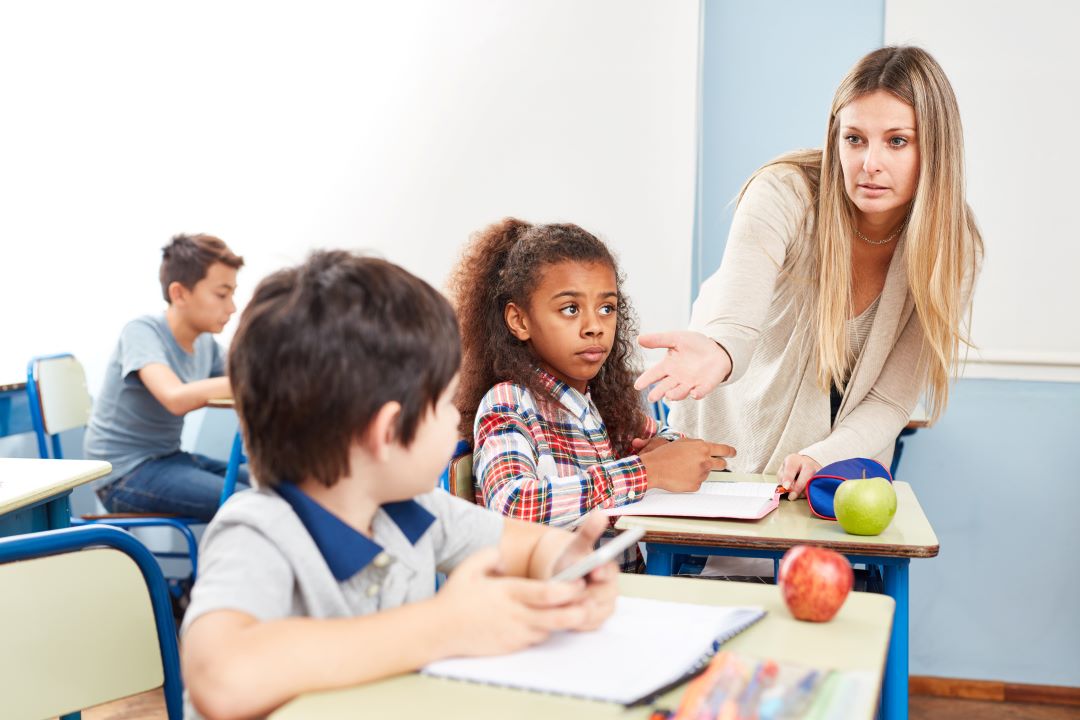
Again with the Cell Phones!
In recent years, a global conversation has emerged around the implementation of cellphone bans in schools. Countries such as England, Finland, France, and the Netherlands have either implemented or are considering policies to restrict cellphone use in educational institutions. While proponents argue that such bans enhance academic focus and social-emotional well-being, critics contend that they may not be the most effective solution and could disproportionately impact certain student groups. This article explores the multifaceted aspects of cellphone bans in schools, examining international trends, research findings, and the experiences of specific institutions like Luxemburg-Casco Middle School in Wisconsin.
The debate surrounding cellphone bans in schools is not confined to a specific region but has gained momentum on a global scale. A United Nations report recommends a global ban on cellphones in schools, revealing that approximately 1 in 4 countries have introduced such bans through laws or policies. England, Finland, France, and the Netherlands have already taken steps to limit cellphone use in educational settings, reflecting a growing trend towards stricter regulations.
Critics argue that these bans might not be the optimal solution, especially considering the increasing reliance on technology for learning. In the United States, Florida has implemented a statewide ban during instructional time, with Orange County taking additional measures by prohibiting cellphone use not only during classes but also during lunch and between class periods. The question remains: Are strict bans the most effective way to address the potential negative impacts of cellphone use in schools?
The Mental Health Perspective
Research suggests a correlation between cellphone use, particularly on social media, and negative impacts on mental health. This finding has contributed to a rising trend of lawsuits against social media companies. Lawyer William Shinoff has rallied hundreds of school districts across 32 states interested in suing social media companies, emphasizing the detrimental effects on students’ mental health. The lawsuits seek greater parental controls and improved responses to harmful content about students posted on these platforms.
The United States surgeon general issued an advisory warning about the effects of social media on the mental health of young people. The concerns extend beyond academic distractions, pointing to potential addictive and psychologically deleterious aspects of cellphone use. Despite these concerns, the reality is that social media is deeply ingrained in the lives of today’s youth, making the regulation of its usage a complex challenge for educators and policymakers.
Local Perspectives: Luxemburg-Casco Middle School
Luxemburg-Casco Middle School in Wisconsin provides a case study of the impact of a strict cellphone ban on students. The school has implemented a five-step disciplinary approach for cellphone infractions, along with education on the mental health consequences of excessive screen time, including screenings of documentaries such as “Screenagers.”
Despite initial concerns about safety during emergencies, the school consulted with law enforcement and concluded that allowing students to have cellphones on them might not necessarily enhance safety. Issues such as distraction and clogging emergency lines were identified as potential drawbacks. Luxemburg-Casco Middle School reports positive changes in students’ mental health and social interactions since implementing the ban. Students seem more engaged, connected, and less reliant on their phones, contributing to a more positive school atmosphere.
Challenges and Opposition
While some schools report success with cellphone bans, challenges persist in enforcing these policies. Students may continue to use their devices despite restrictions, leading to potentially unhealthy phone habits outside of school hours. Critics argue that restrictive policies disproportionately affect students from marginalized backgrounds and may result in inconsistent enforcement.
Some students and parents oppose cellphone bans, citing the need for communication in emergencies, family concerns, and potential school shootings. The concerns extend beyond academic distractions, emphasizing the practical use of phones for urgent situations. It highlights the need for nuanced approaches that consider both the potential benefits and drawbacks of cellphone use in schools.
Conclusion
The debate over cellphone bans in schools is multifaceted, involving considerations of academic achievement, mental health, and safety. While international trends indicate a move towards stricter regulations, the effectiveness of such bans remains a subject of contention. Local perspectives, as seen in Luxemburg-Casco Middle School, provide insights into the potential positive impacts on students’ well-being and social interactions.
Ultimately, finding a balanced approach that addresses concerns about distractions and mental health while acknowledging the practical uses of cellphones in emergencies is crucial. As the dialogue continues, educators, policymakers, and parents must collaborate to develop policies that foster a healthy and productive learning environment for students in the digital age.
Dig Deeper With Our Longreads
Newsletter Sign up to get our best longform features, investigations, and thought-provoking essays, in your inbox every Sunday.
The MEN was founded by John Huber in the fall of 2020. It was founded to provide a platform for expert opinion and commentary on current issues that directly or indirectly affect education. All opinions are valued and accepted providing they are expressed in a professional manner. The Maryland Education Network consists of Blogs, Videos, and other interaction among the K-12 community.

